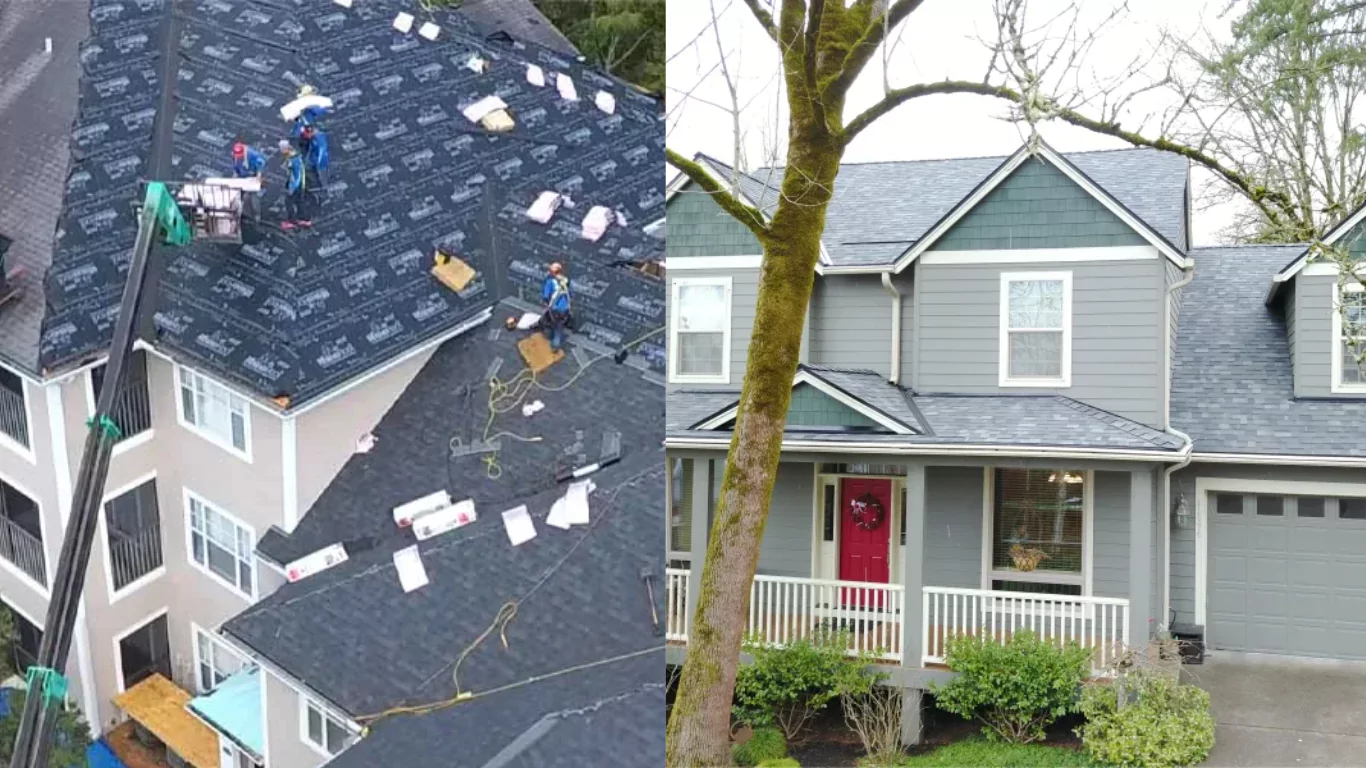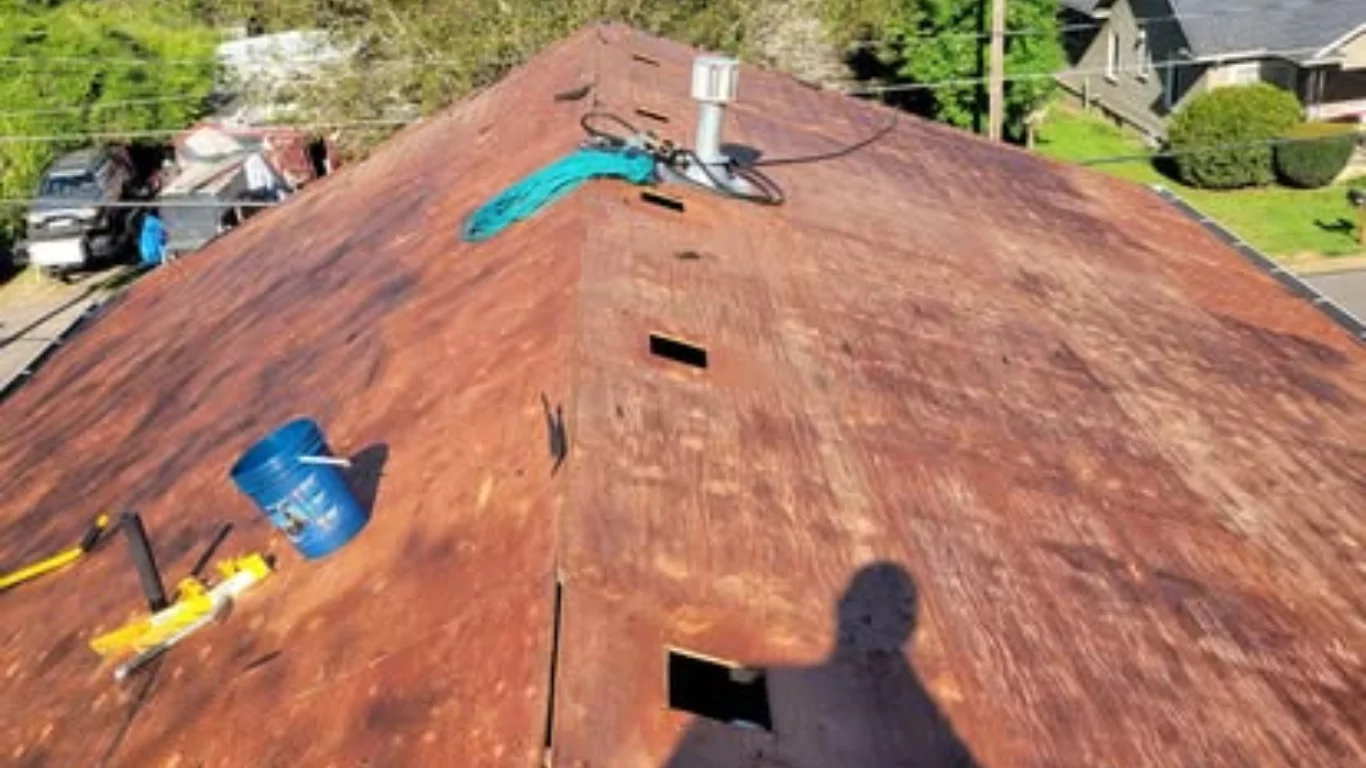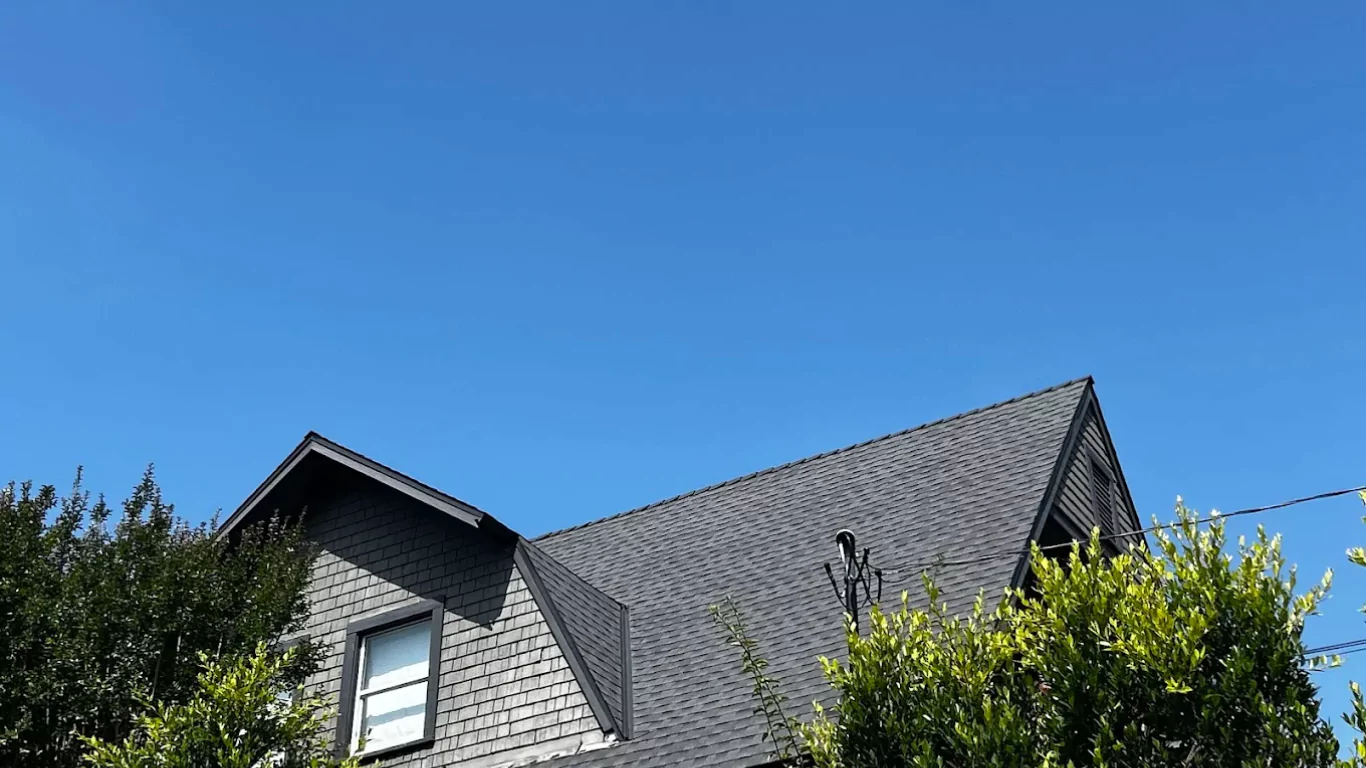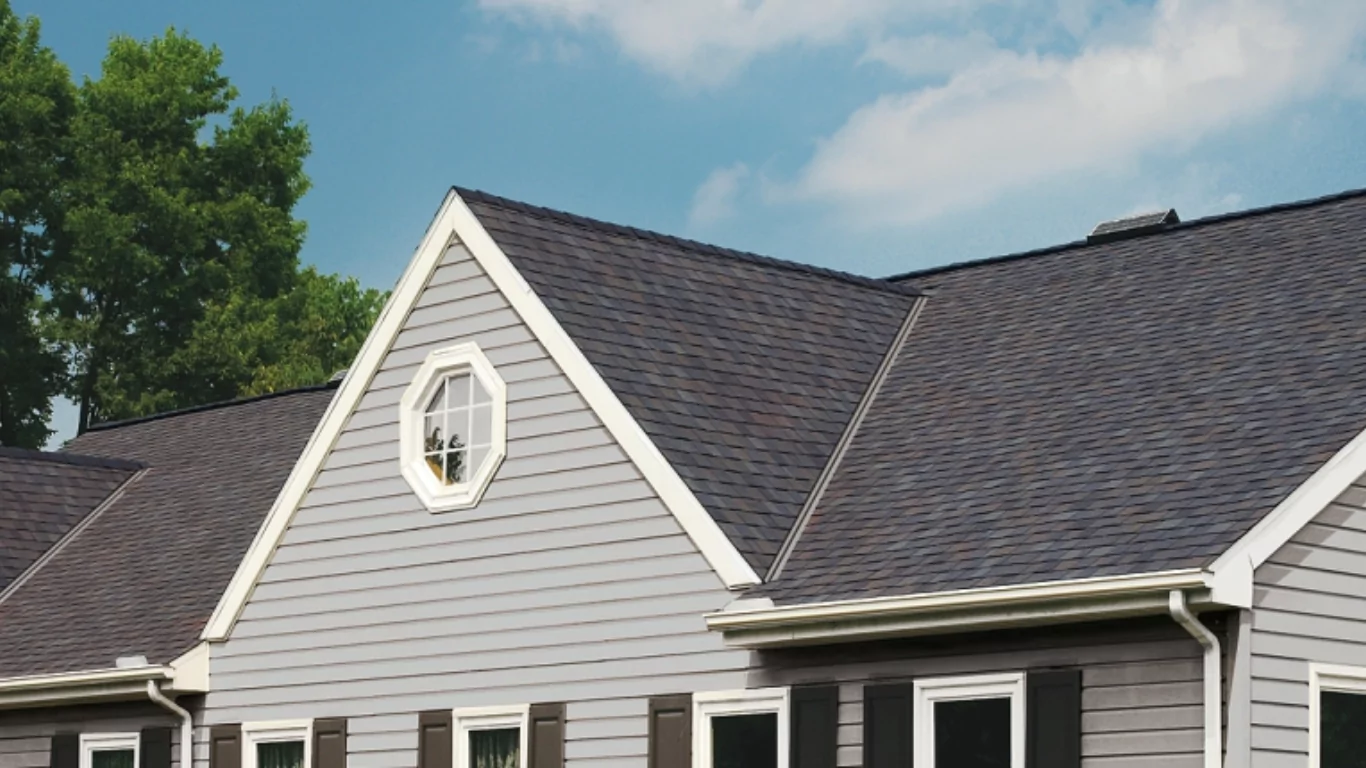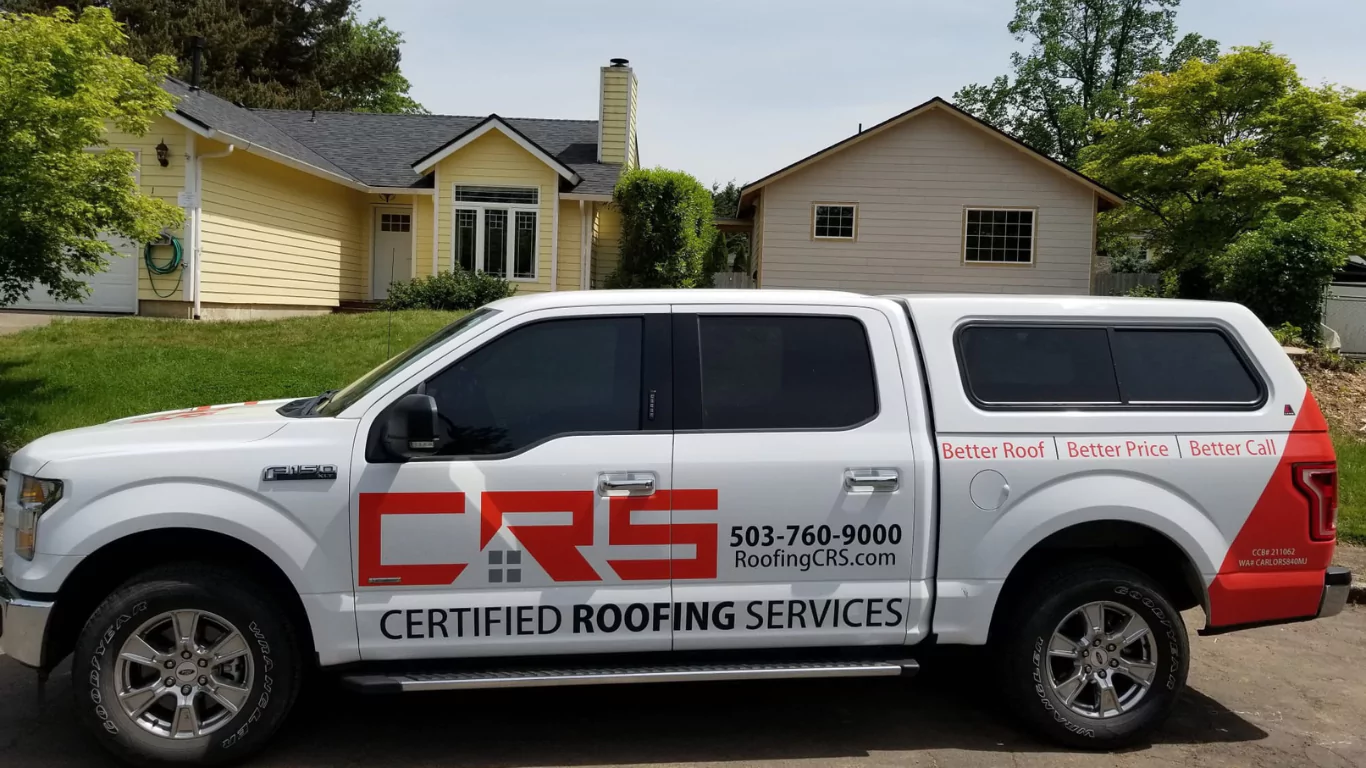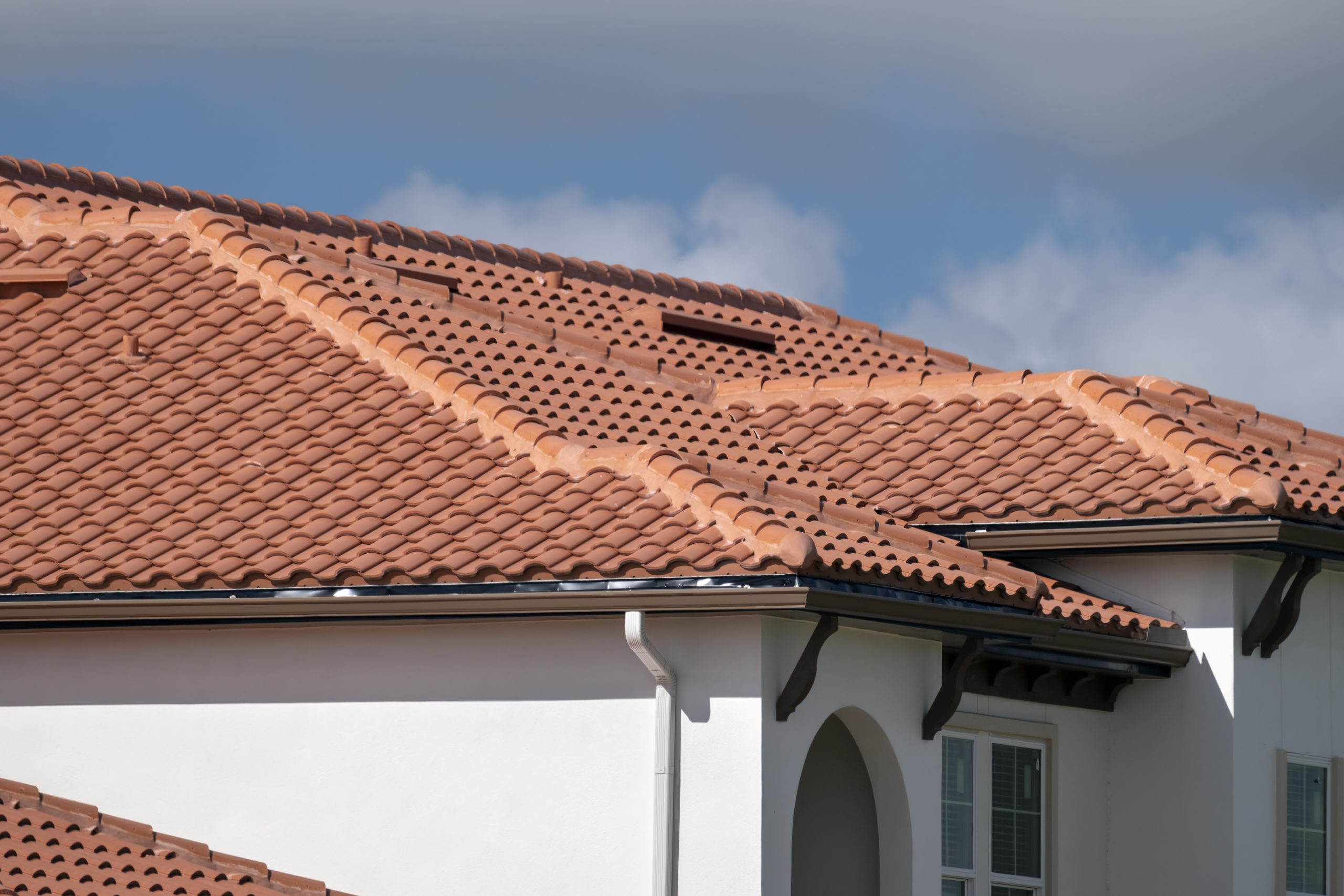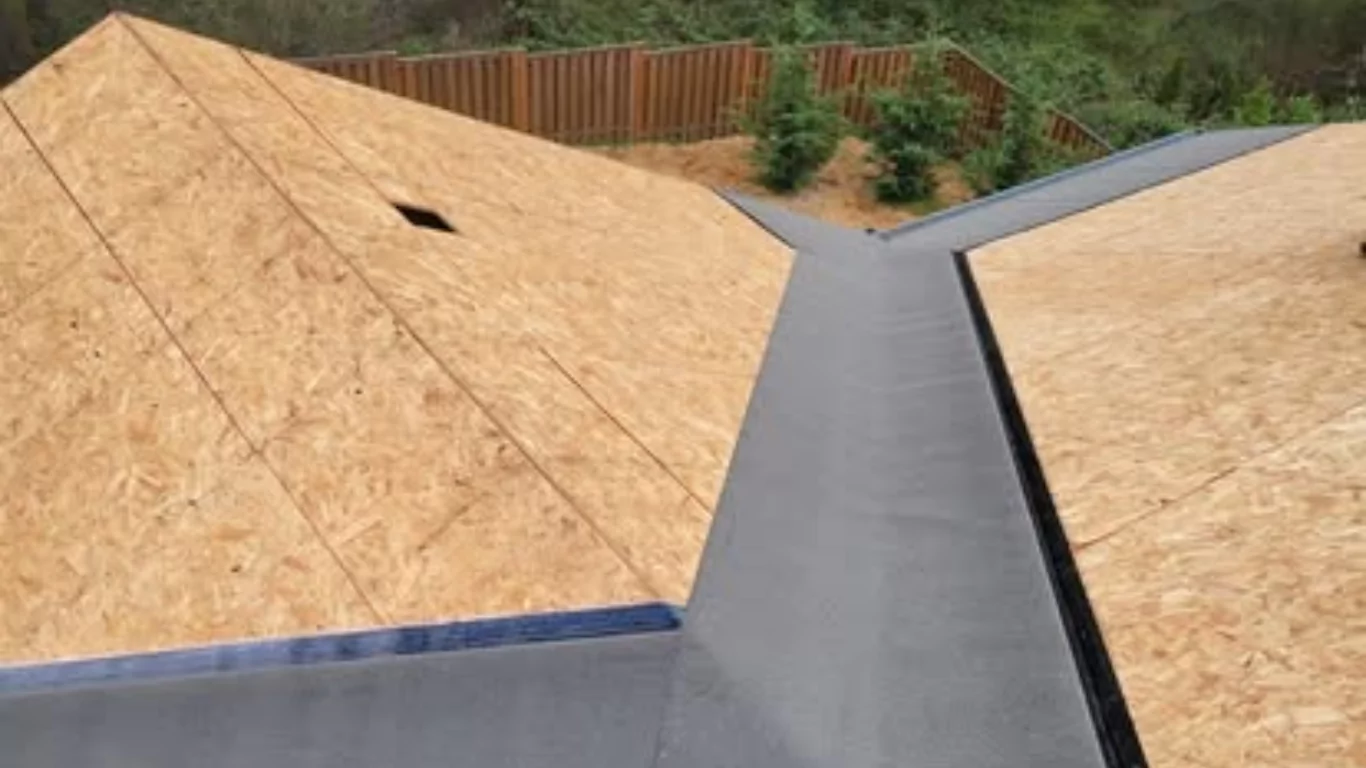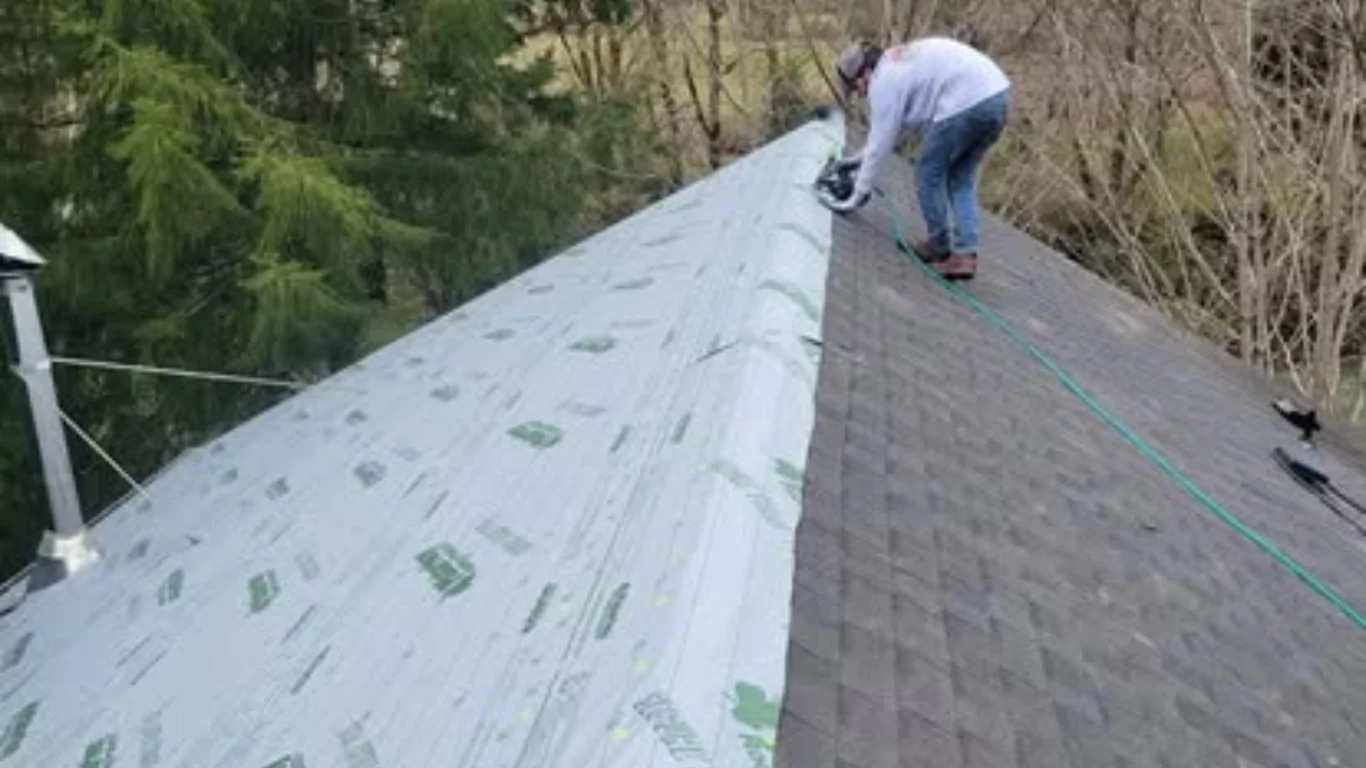1. Introduction
The type of roofing you choose matters—both structurally and financially.
For property owners, understanding the difference between residential and commercial roofing helps you make informed decisions that protect your investment long-term.
This blog breaks down the distinctions, materials, costs, and when each system is the better choice.
Whether you’re planning a new build or a roof replacement, this guide from Certified Roofing Services offers practical insight to help you make the right call.
2. What Is Residential Roofing?

Materials Used
- Asphalt shingles (most common)
- Metal roofing
- Clay and concrete tiles
Design Characteristics
Residential roofs often have steeper slopes, visible from the ground, and are designed with curb appeal in mind.
Common Systems
- Asphalt shingle roofs
- Metal panel systems
- Tile roofing for warm climates
These roofs are built to complement the design of the home while providing reliable weather protection. They’re often easier to install and maintain on small-scale properties.
3. What Is Commercial Roofing?
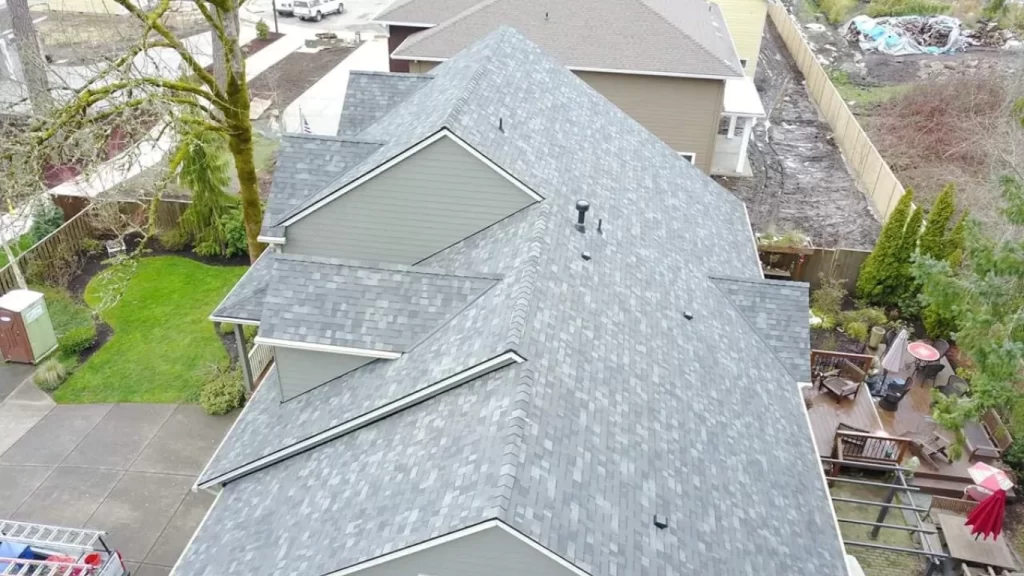
Materials Used
- TPO (Thermoplastic Polyolefin)
- EPDM (Ethylene Propylene Diene Monomer)
- Modified bitumen
- Built-up roofing systems (BUR)
Flat or Low-Slope Design
Commercial roofs typically have low slopes or are completely flat to accommodate HVAC systems, drainage, and solar panels.
Purpose-Driven Performance
They focus on durability, energy efficiency, and cost-effective maintenance. These roofs are engineered for larger surface areas and often require specialized installation crews.
4. Key Differences Between Commercial and Residential Roofing
4.1 Design and Structure
- Residential: Smaller, sloped, visually integrated into the building
- Commercial: Larger, flat or low-sloped, built for utility and access
4.2 Materials and Installation Process
- Commercial roofing involves heavier-duty materials and more labor-intensive installation.
- Residential roofing materials are easier to install and repair.
4.3 Cost Considerations
- Residential roofs average $4–$7 per sq. ft.
- Commercial systems cost more due to scale and materials—$7–$12 per sq. ft.
- Maintenance costs also scale with roof size.
4.4 Lifespan and Durability
- Residential roofs: 20–30 years
- Commercial roofs: 25–40 years with proper maintenance
- Environmental exposure and drainage affect lifespan
4.5 Code and Permit Requirements
- Residential: Local inspection and building code compliance
- Commercial: Fire safety codes, load-bearing requirements, and specialized permits
5. When to Choose Residential Roofing
- Ideal for single-family homes and smaller residential structures
- Focused on insulation, style, and affordability
- Easy to maintain with routine checks and seasonal updates
Certified Roofing Services recommends residential roofing for homeowners prioritizing design and home energy efficiency.
6. When to Choose Commercial Roofing
- Required for commercial buildings, warehouses, and multi-unit structures
- Supports HVAC units and other roof-mounted systems
- Prioritizes performance over aesthetic
Choose commercial systems when your building needs flat surface drainage, high durability, and space for mechanical systems.
7. Maintenance and Repair Needs
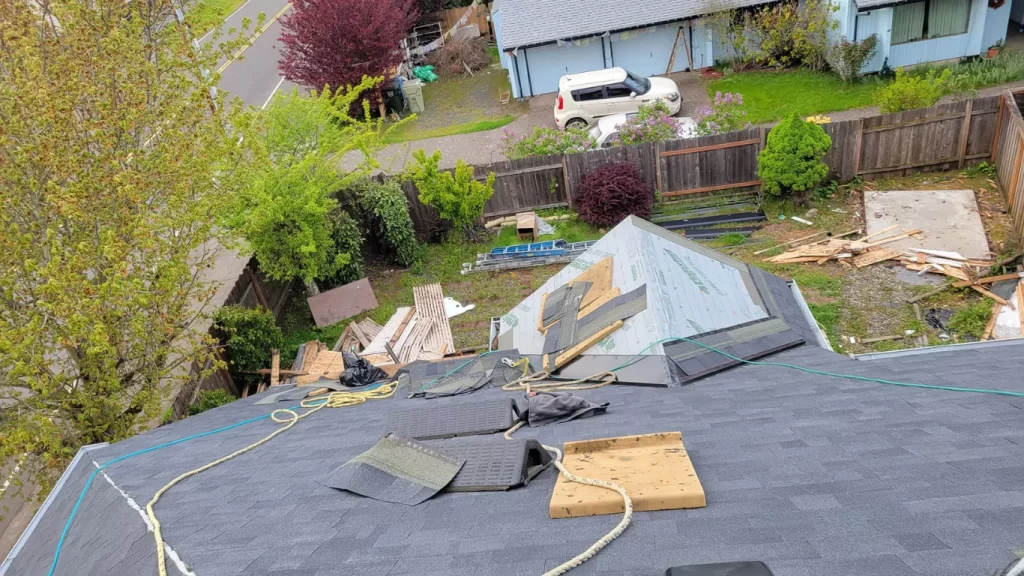
7.1 Residential Roofing Maintenance Tips
- Inspect in spring and fall
- Clear gutters and check flashing
- Replace damaged shingles early
7.2 Commercial Roofing Maintenance Essentials
- Schedule biannual professional inspections
- Clean membrane surfaces
- Check drainage and internal systems regularly
Proactive maintenance reduces long-term costs and extends the life of your roof—whether residential or commercial.
8. Energy Efficiency and Air Duct Cleaning Considerations
Insulation & Roofing Performance
- Residential roofs rely on attic insulation
- Commercial roofs incorporate energy membranes and coatings
Air Duct Cleaning
Regular air duct cleaning is essential for both property types to maintain indoor air quality and HVAC performance—especially on commercial properties where rooftop systems are integrated with ventilation systems.
Adding reflective materials or solar options can further boost energy savings.
9. Hiring the Right Roofing Contractor
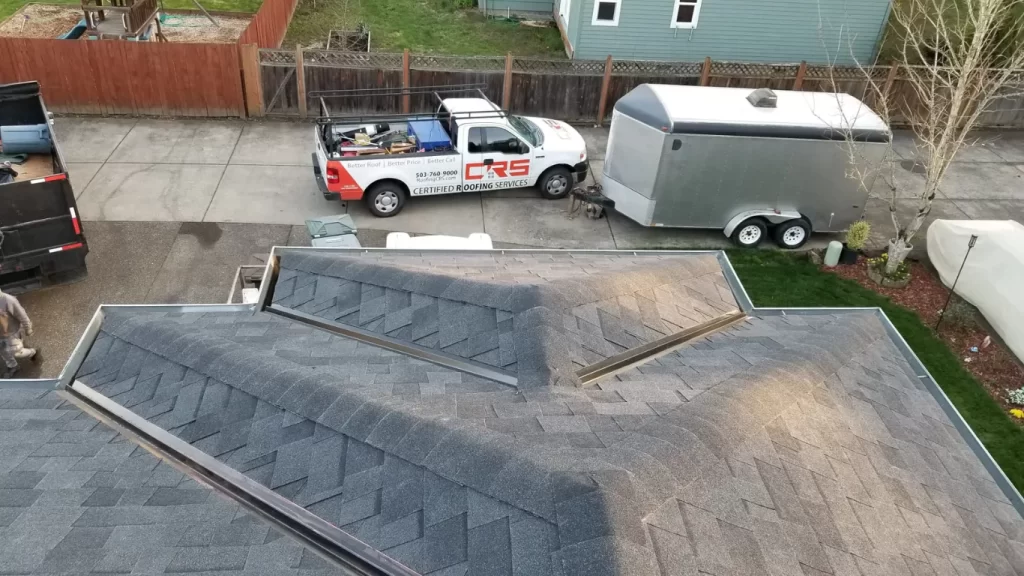
Look for:
- Licensing, insurance, and safety credentials
- Experience with your specific roof type
- Strong reviews and local references
Certified Roofing Services is equipped for both residential and commercial projects, delivering high-quality installations across all property types.
→ Call us today for a free consultation.
10. Final Thoughts: Making the Right Choice
To summarize:
- Residential roofing is best for aesthetics, insulation, and homes.
- Commercial roofing suits large, flat, performance-driven buildings.
Evaluate your property’s size, design, and utility needs.
And always speak to a professional—like Certified Roofing Services—to get an expert recommendation.
→ Get your free roofing estimate now.

